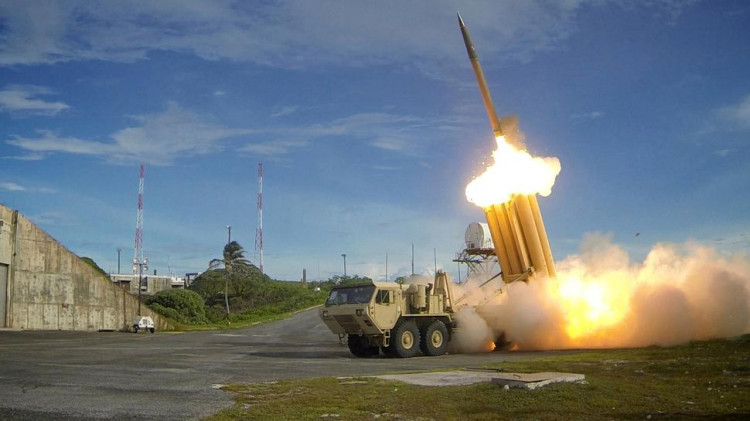Russian forces have mounted two cross-border assaults inside northern Ukraine, marking the most serious offensive in the region in nearly two years. According to Ukrainian sources and officials, the attacks have prompted President Volodymyr Zelensky to declare a "new wave of counteroffensive actions" by Russia.
The first assault saw Russian soldiers penetrate at least one kilometer towards the town of Vovchansk, with the aim of creating a 10-kilometer buffer zone along the border to secure Russian territory, as reported by a Ukrainian military source to CNN. Ukraine's Defense Ministry confirmed the attack, stating that Russian soldiers supported by armored vehicles had crossed the border at around 5:00 am on Friday, following a day of intensified attacks on the area using guided aerial bombs and artillery.
A second Ukrainian source with direct knowledge of frontline developments told CNN that Russian forces had also penetrated five kilometers inside Ukraine towards the village of Krasne, located approximately 75 kilometers west of Vovchansk. The source revealed that the Russian ground assault towards Krasne was carried out by four Russian battalions, comprising about 2,000 men.
While Ukrainian officials have not provided extensive information about the second Russian push, the Ukrainian General Staff noted Russian attacks in the area of Krasne and two neighboring villages in its Friday evening update. DeepStateMap, a Ukrainian monitoring group, showed four villages, including Krasne, in a grey area, indicating that the territory is currently contested rather than under full Ukrainian control.
President Zelensky addressed the developments, acknowledging their seriousness but emphasizing that Ukraine's military had anticipated such a move. "Russia launched a new wave of counteroffensive actions in [northern Kharkiv region]. Ukraine met them there with our troops, brigades and artillery," he told reporters. "Now there is a fierce battle in this area [...] I think as of now we have stopped the enemy with artillery fire."
Oleh Syniehubov, the head of Kharkiv's regional military administration, reported that two civilians had been killed in the Russian offensive, with several more wounded. Authorities have urged residents of border villages to evacuate, with national police helping people pack their belongings and transporting them to safer locations. As of Saturday, a total of 1,775 people had been evacuated from the Kharkiv region.
The latest Russian ground assaults mark the most serious cross-border offensive since Ukraine recaptured the territory of northern Kharkiv region in late summer 2022, after it was initially seized by Russia in the early weeks of its full-scale invasion. The attacks follow several months of increased Russian air strikes on the city of Kharkiv, which have knocked out the city's power-generating capacity and sub-stations.
While Syniehubov insisted that the current Russian assaults do not pose a direct threat to the city of Kharkiv, analysts note that if Russian forces were to push much further south, the northern edge of the city could come within range of Russian artillery, which has a firing range of approximately 20 kilometers.
The US has responded to the escalating situation by announcing a new $400 million military aid package for Ukraine, which will include air defense munitions, artillery rounds, anti-tank weapons, and armored vehicles. US Secretary of State Anthony Blinken emphasized the urgency of the aid, while National Security Spokesman John Kirby suggested that Russia would likely make further advances in the coming weeks to establish a buffer zone along the Ukrainian border.




